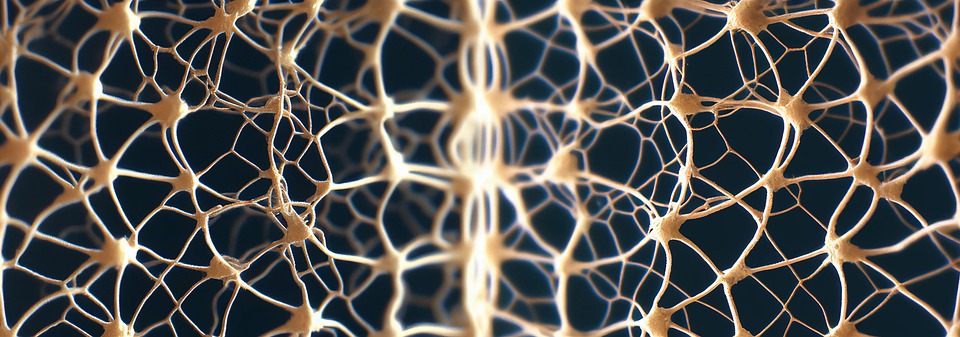Google officially announced that it is developing Bard, a ChatGPT rival. The initiative was revealed by the CEO of the company Sundar Pichai, who called the program an “experimental conversational AI service” that will engage in discussions and respond to customer inquiries. According to him, a small group of “trusted testers” will get access to the software first, and it will become “more widely available to the public in the coming weeks.” The full scale of Bard’s capabilities is unclear, but it appears the chatbot will be equally as flexible as OpenAI’s ChatGPT.
“Bard can be an outlet for creativity, and a launchpad for curiosity, helping you to explain new discoveries from NASA’s James Webb Space Telescope to a 9-year-old, or learn more about the best strikers in football right now, and then get drills to build your skills”, wrote Pichai.
Bard is based on Google’s large language model Lamda, which one programmer said had responses that were so similar to humans’ that he thought it might even be sentient. The platform will initially run on a “lightweight” variation of Lamda that consumes less power and allows for simultaneous use by more users.
Bard may be able to respond to queries regarding recent events, something ChatGPT struggles with, according to Pichai, who also notes that Bard “draws on information from the web to provide fresh, high-quality responses.”
AI chatbots are made to find information and respond to queries. They utilize the internet as a vast repository of knowledge, but there are worries that it may also contain offensive content and misinformation.
Although Mr. Pichai emphasized that he wanted Google’s AI services to be “bold and responsible” he did not go into detail about how Bard would be stopped from distributing offensive or dangerous content, possibly serious ones.
Experts agree that chatbots’ ultimate goal is to replace pages of online links with a single, conclusive response in internet searches.
“Soon, you’ll see AI-powered features in Search that distil complex information and multiple perspectives into easy-to-digest formats, so you can quickly understand the big picture and learn more from the web,” Pichai concluded.





